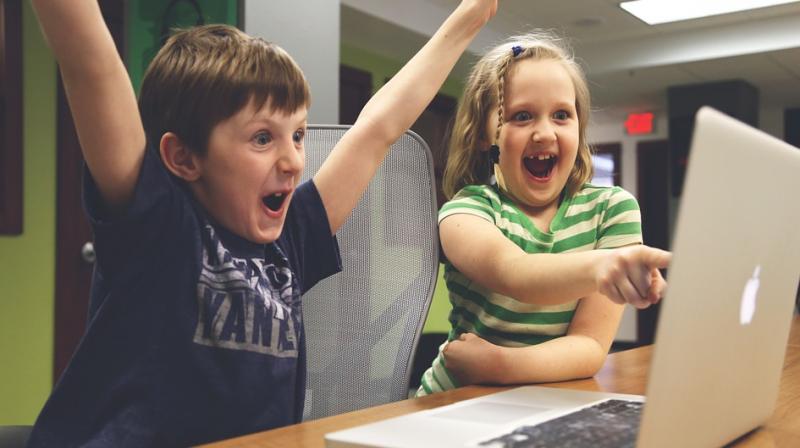Don’t disregard your child’s present for their future

London: Do violent video games make people more violent? This question has been pondered upon for decades. Cultural conservatives believe it obviously must, while gamers themselves are optimistic they don’t. Surprisingly enough, the research shows that there is no real link between time spent playing violent games and aggressive behaviour.
Matthew Warren at Research Digest wrote that many surveys have been afflicted with what they call as “mischievous reporting”. In these surveys, adolescents overstate their violent urges just for the sake of a laugh. There have been even more ridiculous claims of being adopted, transgender, and either very tall or short. One survey reported that 253 students claimed that they use an artificial limb, but in reality, 99% of them were lying. Teens do this as they find filling out questionnaires ‘boring’ unless they give fake information, stated a report on The Guardian.
Another oddity was revealed through this debate. Parents object to their children spending hours on simulated violence for the sole reason that it will have negative effects after they grow up. ‘Helicopter parenting’ is another phenomenon aimed with the same result of producing capable adults.
But Adam Gopnik, writer, says it’s a very incomplete way of looking at life. “The reason we don’t want our kids to watch violent movies is not that doing so will turn them into psychos when they grow up. It’s that we don’t want them seeing bloody movies now,” noted Gopnik.
What about the quality of life experiences right now? Spending a large part of your youth watching violent content isn’t advisable, even if it doesn’t make you an aggressive adult. And this is applicable for any sort of activity, whether it is video games or piano lessons. “Because children grow up, we think a child’s purpose is to grow up. But a child’s purpose is to be a child,” Gopnik quoted Tom Stoppard in The Coast of Utopia.
Overthinking about the future and preparing the child only for it shows a total disregard for the child’s present. Parents should let the children enjoy their childhood and fully utilise their in-built learning capacity.

